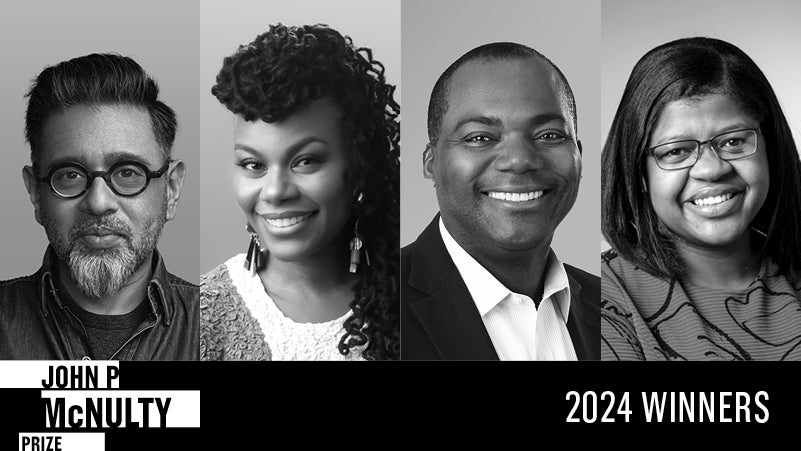
Doug Kapustin for the Washington Post
![]()
On a recent Saturday, a group of adults gathered at the Church of St. Katherine of Alexandria in West Baltimore for a “prayer walk” to memorialize victims of gun violence at the spots where they were killed. Led by the Rev. Scott Slater, the Canon to the Ordinary in the Episcopal Diocese of Maryland, the group walked a two-mile route that covered the city’s Sandtown-Winchester neighborhood, home to some of America’s poorest and deadliest streets.
Slater paused at 500 Sanford Place, a quiet corner in front of a Yammi’s Carry Out where Antonio Ennals, 29, was found dead in May. Teddy bears and ribbons memorialized some of the murder sites along the route, but the majority of them, like Ennals’s, were unmarked, fading unrecognized into an urban landscape of abandoned rowhouses and buildings scrawled with graffiti.
“Rest eternal grant to Antonio, oh Lord,” Slater said at the corner. The group responded, “And let light perpetual shine upon Antonio.” The group of a dozen adults stopped 11 times to honor 12 victims who died during the past year, most of them young men ages 18 to 38.
The walk on Feb. 2 was part of the larger “Ceasefire” weekend organized by Baltimore Ceasefire, a grass-roots organization whose motto is “Nobody Kill Anybody.” Every three months, the group calls for a three-day hiatus to the street violence that has made Baltimore one of the deadliest cities in the nation, its homicide rate surpassing 300 deaths per year since 2015. The weekends are filled with events meant to celebrate life and galvanize the community around nonviolence, such as a Runners4Justice Peace Challenge Run, prayer services and a youth open mic event called “Voices in Power.”
“People want peace in their neighborhoods,” said Erricka Bridgeford, one of the founders of Baltimore Ceasefire, who attended the prayer walk.
Click here to read for the full article.

